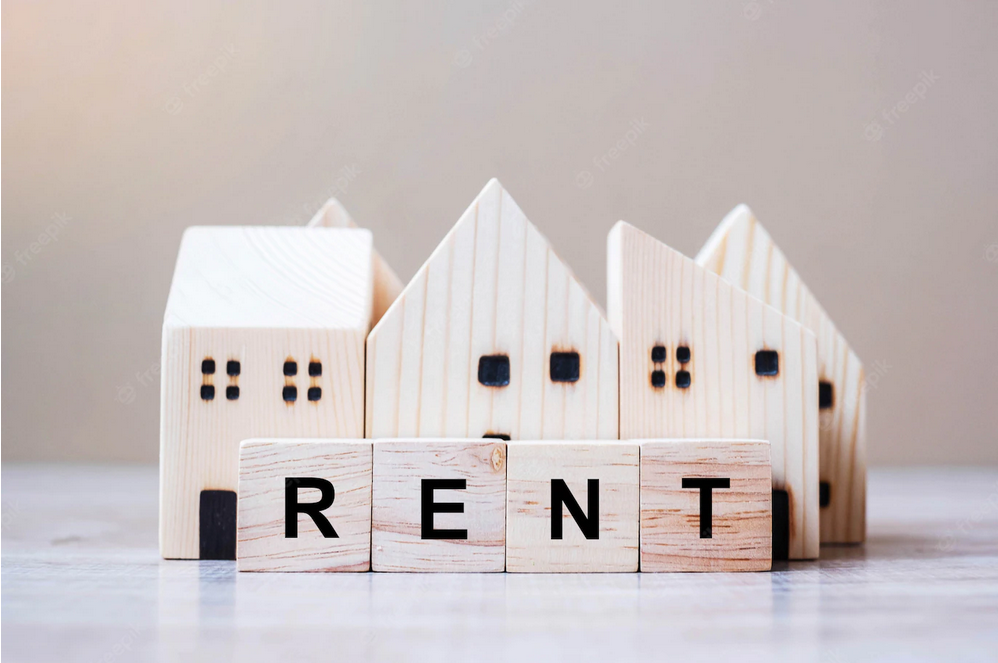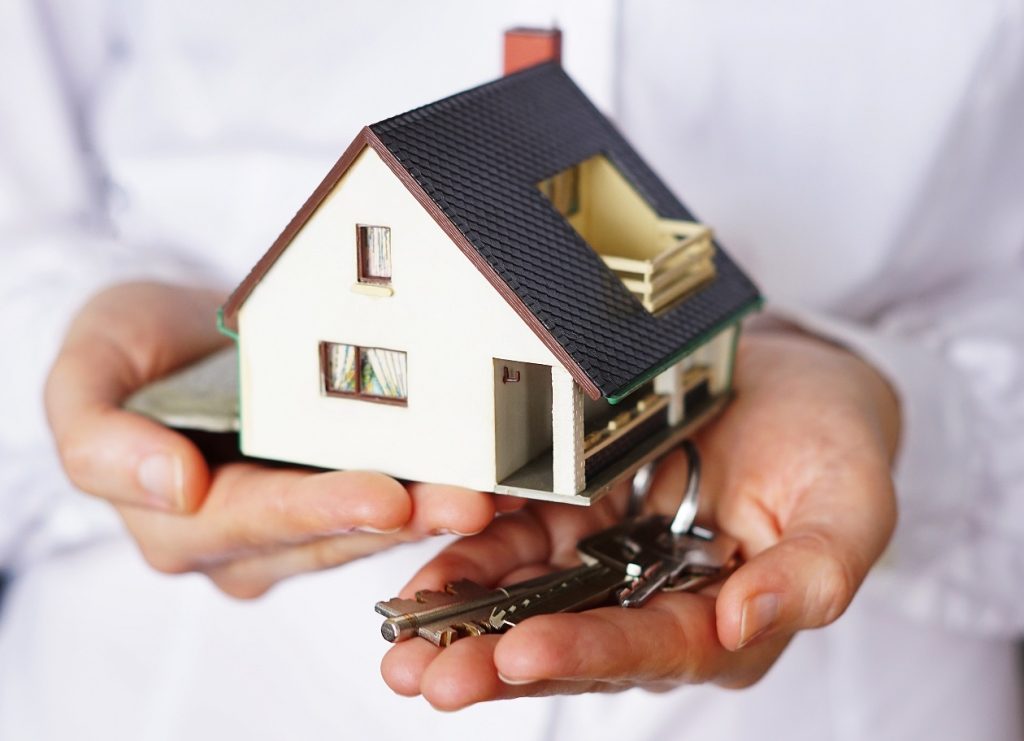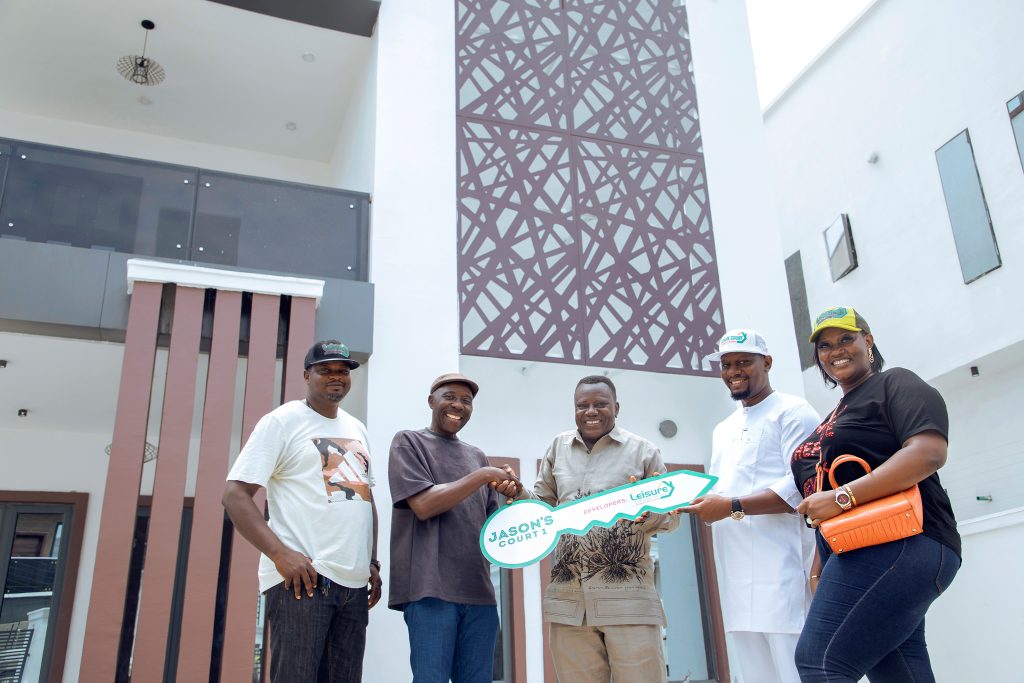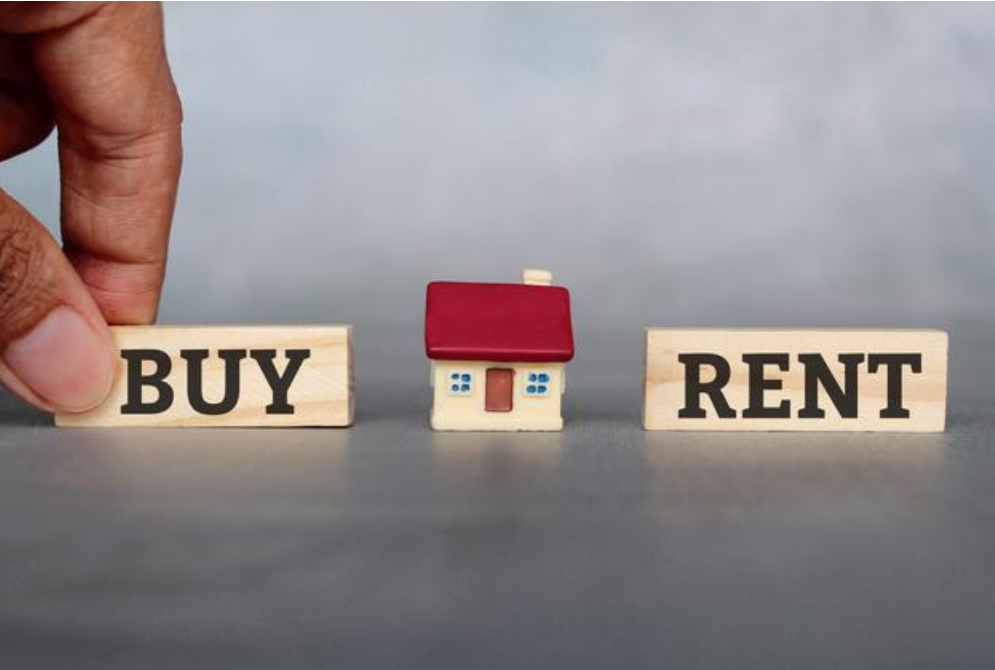Eight (8) out of every ten (10) average Nigerian dream has long been associated with the idea of owning a home. For many, owning a home represents financial success, stability, and the opportunity to contribute to the community. The benefits of owning a home, ranging from social to financial, have directly resulted in a steady rise of homeowners in Nigeria dating far back to the 1900s. Learn about some of the unique benefits of home-ownership to help determine whether or not owning home lines up with your Nigerian dream.
According to the Real Estate Development Association of Nigeria (REDAN), at the start of the 20th century, less than half of Nigerians owned their own homes. Results from a study by NOI Polls have shown that 51% of Nigerians currently live in rented accommodation, 40% of which are paying between N20,000 and N100,000 yearly (across Nigeria). Only 31% of Nigerians surveyed said they lived in their ‘personal house’ which they may have built, purchased, or inherited. The results also indicate that 85% of people would consider mortgage financing as an option for home ownership. However, when asked why they would not consider mortgage financing, 25% of respondents explained it was because they do not have a stable income.
The Association of Housing Corporations of Nigeria (AHCN) has decried Nigeria’s low home-ownership rate, saying the country ranks lowest at 25 percent, especially when compared to Brazil (74 percent), Kenya (75 percent), South Africa (70 percent) and Indonesia (84 percent). However, in recent times, the benefits of home-ownership are not far from the historical benefits; however, increased education access and economic expansion are credited for the rising trends. Buying a home offers the opportunity to secure a strong financial future and contribute to the community, making this an appealing option for many.
While there are many benefits to home-ownership, one should weigh these benefits with those of renting. There are benefits to either renting or buying, as well as downsides. At the end of the day, the decision to buy instead of rent should be based on your personal and financial goals. Many individuals enjoy renting for flexibility, while those who opt for buying a home prefer the stability involved. If you wonder “why buy instead of rent,” there are several factors to look at.
Benefits of Renting

Flexibility: Renting awards tenants the flexibility to move without penalty. Renters have to wait until a given lease ends to move out. For individuals who frequently move due to a job (or personal preference), renting allows the freedom to pick up and leave more easily than owning a home. While home-ownership does not necessarily mean you are stuck in a given place, more transactional costs are associated with buying and selling a home if you decide to move frequently.
Low Responsibility: As a renter, you are not responsible for property maintenance in the same way that homeowners are. Landlords are often in charge of lawn maintenance, trash picks up, water and sewer services, repairs to the property, and more. While these costs are accounted for in the price of rent, tenants have a low level of responsibility regarding property maintenance compared to homeowners.
Predictability: When you sign a lease, you are agreeing to a set amount of rent for each month. In some cases, your bills and living costs may be included as well. This means that renting comes with a sense of financial predictability, the cost of living will roughly stay the same month to month.
Benefits of Home-ownership

Building Equity: Equity refers to the amount of value you have in a given asset. As you pay off your mortgage each month, you will be building equity in your home. This differs from paying rent because you will be contributing to a physical asset rather than making monthly payments to a landlord. This is why purchasing a home is often thought to be a financially savvy move.
Long-Term Savings: By building equity in your home, you are also setting aside money for your future. That’s because there are several ways to tap into your home’s equity down the road. Studies show that home-ownership rates peak at or near retirement ages, suggesting that home equity contributes to retirement savings for many Nigerians. Therefore, by buying a home, you are promoting financial stability.
Building Wealth: As your property increases in value, so does your equity, allowing you to sell for a profit. You could use that extra money to reinvest in a new home as well as an investment property. Additionally, you could use your home to build wealth right away by using it as a rental property or house hacking.
Control Over Expenses: When you own a home, you can be certain of the monthly payment you will need to make while living in the house. On the other hand, when you rent a home, you are faced with the uncertainty of an increase in rent if your landlord decides to change it. Unless you decide to change your mortgage terms, your monthly payment will remain the same throughout your home’s mortgage. Strong Credit History: Owning a home can help you strengthen your credit over time, as long as you are consistently making your monthly mortgage payment. As you build your credit, it will become easier to secure other forms of financing, for example, if you decide to purchase a new car or finance an investment property.
Privacy: Buying a house indeed becomes a public record. However, living in a home compared to an apartment often affords people more privacy overall. In most cases, you will not share any walls or spaces with other tenants. As a homeowner, you can decide who comes over and when rather than receiving notices from your landlord to enter. Many first-time home buyers enjoy this new level of privacy after buying a property.
IS HOME-OWNERSHIP RIGHT FOR YOU?

While there are several benefits of home-ownership, you may want to assess your situation before deciding to purchase a home.
However, renting a home instead also comes with its perks and may be the better choice depending on your circumstances. Before deciding if home-ownership or renting is the right choice, try asking yourself these questions:
Can You Afford The Property?
Homeowners must be prepared for a down payment, closing costs, and other sudden expenses high in price. You should have money saved well beyond your mortgage in case of any surprise home repairs or maintenance issues. Smaller down payments along with private mortgage insurance only add to your total costs. Needless to say, be sure you are ready for every expense before becoming a homeowner.
How Long Do You Expect To Stay On The Property?
If you intend to break even on a house, you will want to plan on living in the property for more than three years. Closing costs and commissions will be high, and the house may not appreciate within the first three years.
Why Are You Looking To Buy A Property?
If you are an investor, purchasing certain properties may provide you with financial benefits. However, the shorter the time you hold the property, the less likely you are to make money on it due to high fixed costs. If you frequently move in and out of properties, it may cost you more in the end. If you plan to rent out properties once you move, be sure you have a property management plan in place.
SUMMARY

As home-ownership rates continue to rise, more and more Nigerians aspire to own a home. If owning a home is part of your dream, taking the time to familiarize yourself with the benefits of home-ownership can help set you up for success as you determine whether or not to one day pursue this goal. If you do think you might be ready to take the first step towards buying a home, check out our estate offers.
Which benefits of home-ownership came as a surprise to you? Let us know in the comments below!

